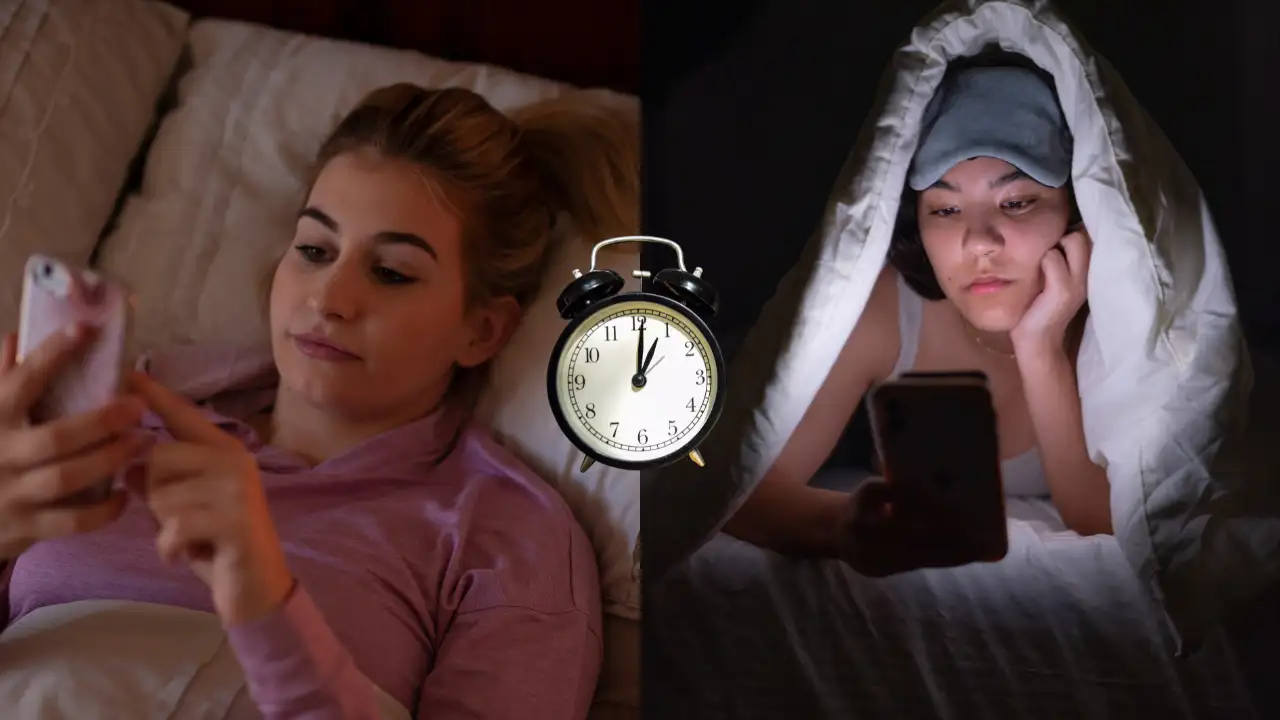You might think you are a night owl thriving on late-night productivity, bingeing series or scrolling endlessly through memes, but you are doomed. While staying up past midnight might feel efficient, your brain and body are silently plotting their revenge. We all can ignore it, but the fact remains that sleep is one of the most powerful foundations of good health. So, consistently getting less than the recommended seven to nine hours of rest each night, especially when bedtime slips past midnight, can have significant effects on brain function, emotional wellbeing, and even long-term physical health.
While the occasional late night is unlikely to do lasting harm, making it a habit can quietly disrupt your body’s natural rhythms in ways that are hard to ignore over time.
Now, let’s start with the basics: adults need seven to nine hours of sleep a night. And yes, it really does matter when you get those hours. Regularly going to bed post-midnight does not just mess with your schedule; it messes with your biology.
Firstly, your waistline might get super pissed. Studies suggest that sleep deprivation can mess with hunger hormones like ghrelin and leptin, causing you to crave late-night snacks and high-calorie foods. So if you are noticing some mystery weight gain, your bedtime might be the reason.
Secondly, your mood could take a nosedive. Staying up late interferes with your brain’s natural production of neurotransmitters like serotonin and dopamine, which help regulate mood. Cue irritability, low motivation, and a sense of general grumpiness, even before your morning coffee.
Thirdly, stress levels? Through the roof. Lack of good-quality sleep boosts cortisol (the stress hormone), leaving you wired and anxious. This is not just about feeling edgy; it can raise blood pressure and wreak havoc on your immune system.
Lastly, if you have ever felt like your brain is lagging behind your body the next day, you are not imagining it. Sleep is when your brain files memories, clears out toxins, and restores mental clarity. Without it, focus and critical thinking decline, and what follows are awkward work emails and forgotten appointments.
So, what is the fix?
Certainly, it is not rocket science. Just aim to get to bed before midnight. Our bodies follow a circadian rhythm, a natural internal clock, and it works best when we align with it. Sleeping earlier helps balance hormones, improves gut and liver health, and steadies your mood. So, a consistent bedtime, especially one that starts before the clock strikes twelve, is a small act of self-care with big returns.
Get Latest News Live on Times Now along with Breaking News and Top Headlines from Health and around the world.
